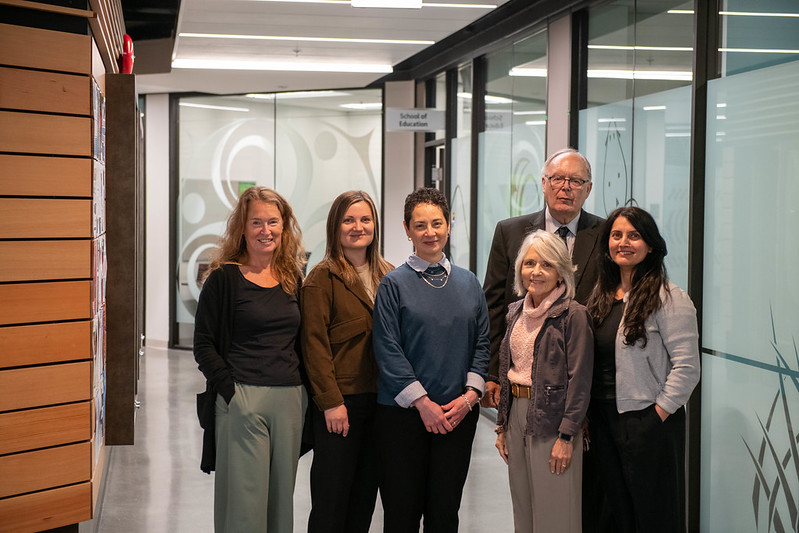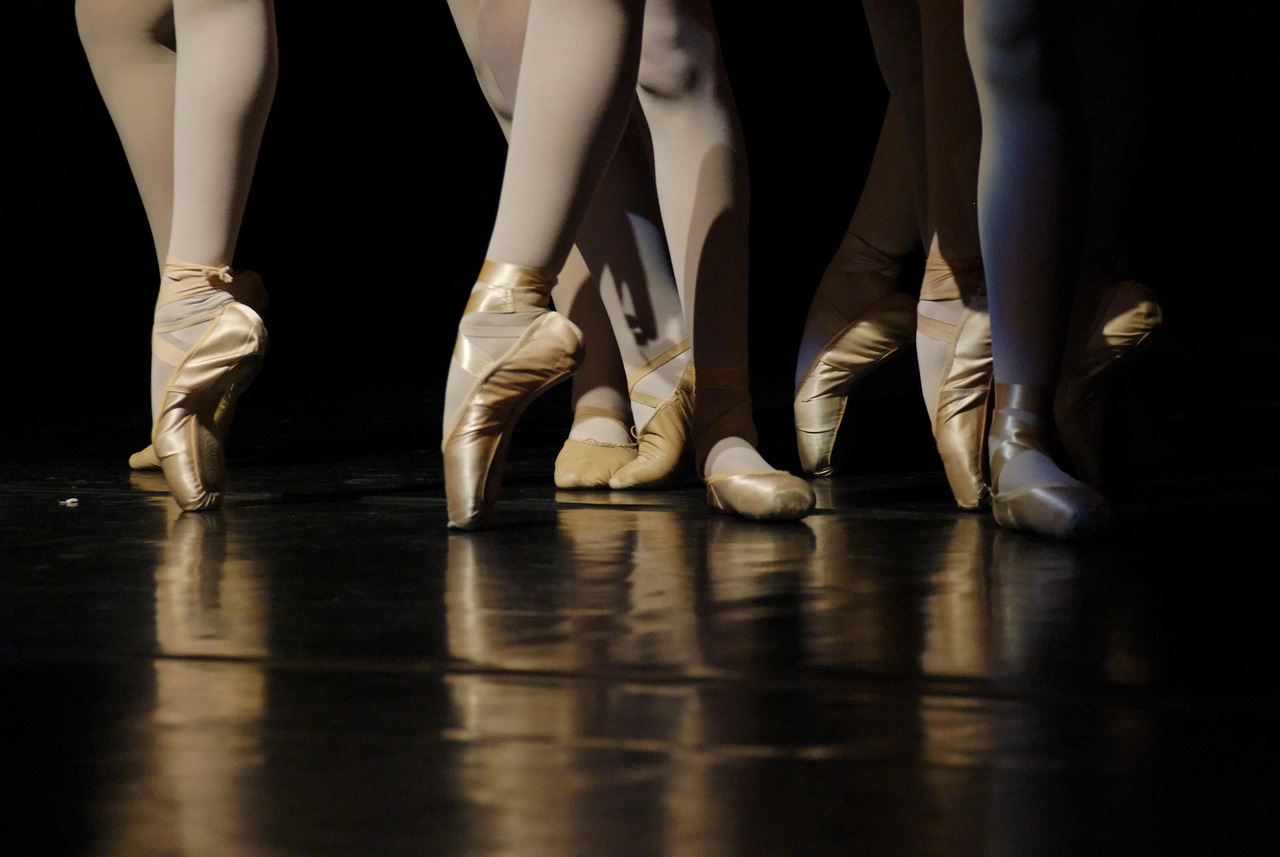Indigenization and Reconciliation Award 2025: A decade of learning brings personal and professional growth
 A decade-long journey of transformative education has made all the difference for one group of UFV faculty members — now, they’re using what they learned to help prepare the next generation of teachers.
A decade-long journey of transformative education has made all the difference for one group of UFV faculty members — now, they’re using what they learned to help prepare the next generation of teachers.
With several Calls to Action in 2015’s Truth and Reconciliation Commission Report directly linked to education, many UFV instructors are rising to the challenge. This year’s Indigenization and Reconciliation Award goes to the School of Education’s Vandy Britton, Chuck Charles, Judy Larsen, Joanne Robertson, Jas Uppal, and Nikki Yee.
Their work in the School of Education and Faculty of Education, Community, and Human Development has centred on Indigenization, decolonization, social justice and anti-racism. In their classes, Indigenous ways of knowing are not an afterthought, but an integral component.
The instructional team adheres to a “nothing about us, without us” approach. Resident Elder Nancy Pennier shares her expertise in a variety of their education courses, and Indigenous authors feature prominently on their syllabi. Vandy’s EDUC 431 and EDUC 447 classes focus solely on Indigenous authors, and students incorporate Indigenous prose, poetry, music, and performance into their lesson plan assignments. EDUC 447 was co-created with Indigenous educators Dr. Wenona Hall and Dr. Sara F. Davidson, and Judy collaborates with Betty Peters at the Indigenous Student Centre to teach math through Salish weaving. She and Jas also partnered with Si:yemiya Dr. Sonny McHalsie and Dr. Keith Carlson for Semá:th Learning Day.
To increase opportunities for Indigenous students to become teachers, the instructional team reserves 10% of its open seats for Indigenous applicants. To make the student application process more accessible, their interviews make room for different formats and Indigenous ways of knowing.
As a group, they approach their ongoing professional development with dedication and care. In addition to taking courses and workshops on Indigenization, they take monthly Halq’eméylem and Hən̓q̓əmin̓əm lessons with Senóqw’iye Leanne Joe of the Teaching and Learning Centre to incorporate Stó:lō languages into their classrooms. They regularly undergo experiential learning opportunities with their teaching candidates, including visits to Coqualeetza Longhouse, Stó:lō Resource and Research Management Centre, and St. Mary’s Indian Residential School. As they continue with their learning on decolonization, group check-ins and reflections are part of the team’s regular practice for accountability and support.
“Part of the journey of doing the work with yourself and with your students is also the process of making mistakes along the way — which is inevitably going to happen. And that’s how we learn. Without taking that first step, you’ll never know how to improve, right?” Judy explains. “I’m just very grateful for all the learning that this department does as a cohesive goal and how we learn from each other.”
The team’s work will continue to inspire and educate others outside of their classrooms. The culturally specific curriculum they created in partnership with the Mathxwi Nation serves as a model for other school districts. As a faculty mentor, Chuck observes how UFV teacher candidates make a difference in the field by sharing what they know about decolonizing education.
“Our teacher candidates have become leaders,” he says. “You go in the schools and they are, in fact, teaching the teachers about what they’ve learned. They are changing a generation of teachers by being out there. It’s quite incredible.”
The Bachelor of Education instructional team has gone above and beyond to demonstrate UFV’s commitment to enhancing respectful, relevant and responsive post-secondary education that supports the success of Indigenous employees and students. The deep, challenging work of decolonization carries the potential for a better world, and educators play an important part.
In Nikki’s words: “it’s hard work, and it’s work worth doing.”




